Two WNBA Players Disqualified From Court For Violating Award’s New ‘No Kneeling During Flag Salute’ Rule.
In a significant move that has sparked widespread debate, WNBA referees disqualified two players during a recent game for violating the league’s newly implemented “No Anthem Kneeling” rule. This controversial regulation, which was introduced to ensure uniformity and respect during the national anthem, has been met with both support and criticism from fans, players, and analysts alike.

In a recent WNBA game, two players were disqualified for violating the league’s newly implemented “No Anthem Kneeling” rule. This decision has sparked widespread debate about freedom of expression, the role of professional sports in addressing social justice issues, and the balance between personal beliefs and organizational policies. The controversy has raised questions about the WNBA’s position on activism, and how the league plans to navigate this delicate issue in the future.
The New ‘No Anthem Kneeling’ Rule
The WNBA introduced the “No Anthem Kneeling” rule in response to the ongoing debate over athletes protesting during the national anthem. This rule aims to enforce uniformity and respect during the anthem, reflecting a stance that some believe aligns with traditional patriotic values. The rule, however, has sparked immediate backlash from players and fans who see it as an attempt to suppress the voices of those advocating for social justice.
Protesting during the national anthem has become a prominent symbol of activism in sports, particularly in the United States, where athletes have used their platforms to bring attention to issues such as racial inequality, police brutality, and systemic oppression. This form of peaceful protest gained widespread attention in 2016 when NFL quarterback Colin Kaepernick began kneeling during the anthem to protest police violence against Black Americans. Since then, athletes in various sports have followed suit, using their visibility to support movements like Black Lives Matter and other social justice causes.
The WNBA, known for its strong advocacy for social justice and equality, surprised many with the introduction of this rule. For years, WNBA players have been at the forefront of activism, often using their platform to speak out against injustice. The league itself has supported many of these efforts, creating a perplexing contradiction for many fans and players when the “No Anthem Kneeling” rule was announced.
The Disqualification Incident
The recent disqualification of two WNBA players for kneeling during the anthem is the first enforcement of this new rule, and it has sent 𝕤Һoᴄҡwaves through the sports community. The identities of the players have not been disclosed, but reports indicate that they knelt as a form of peaceful protest, a gesture widely recognized across multiple sports leagues. The act, although symbolic, was in direct violation of the WNBA’s new policy, leading to their immediate disqualification from the game.
This enforcement of the rule has reignited the debate about freedom of expression in sports. On one side of the argument, supporters of the rule believe that standing for the anthem shows respect for the country, its values, and the sacrifices made by those who serve in the military. These proponents argue that the anthem is a unifying moment that should not be used for political statements, and that players should find other ways to express their views on social issues.
On the other side, critics argue that the rule suppresses players’ right to peacefully protest and infringes on their freedom of speech. Kneeling during the anthem, they argue, is not a sign of disrespect but a call to action against injustice. For many athletes, this form of protest is a powerful way to raise awareness and push for change, and restricting it is seen as an attempt to silence those efforts.
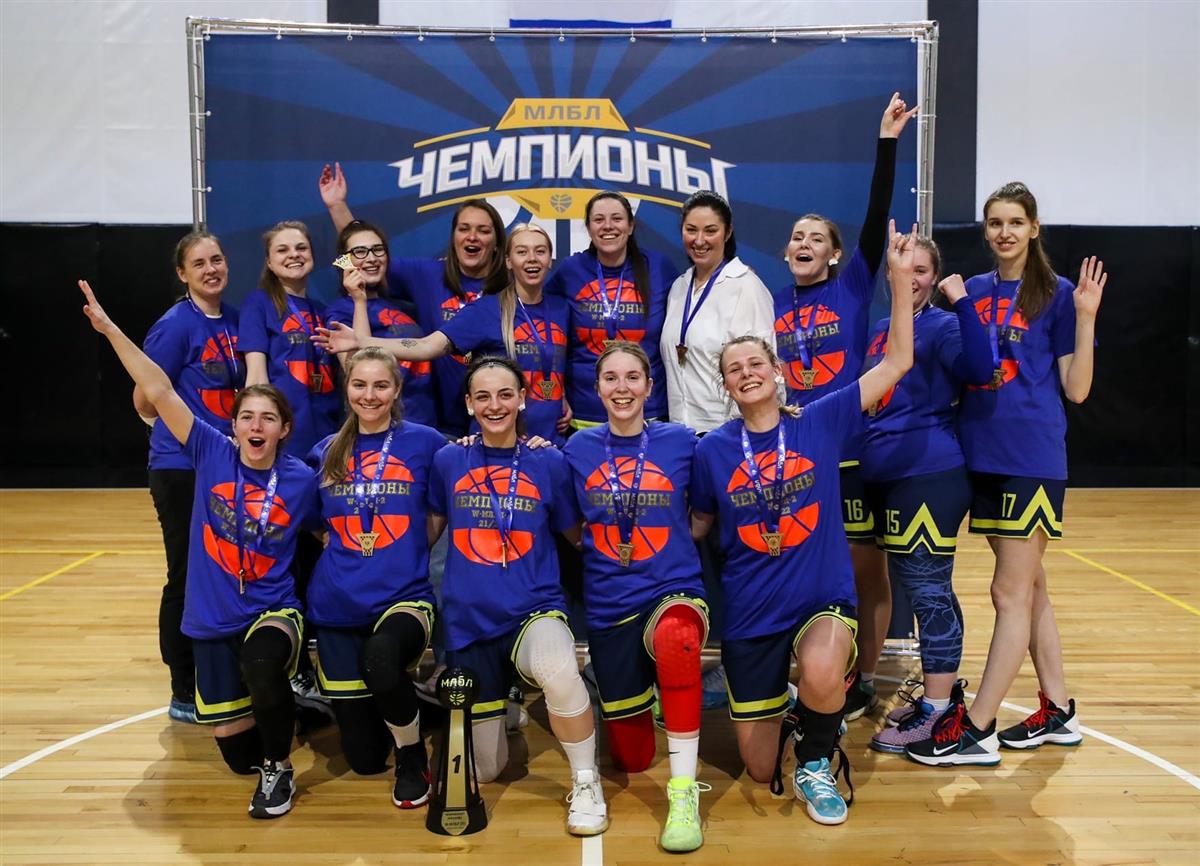
Freedom of Expression vs. Organizational Policy
The incident has brought to light the broader issue of balancing personal beliefs with professional obligations. Athletes, especially those in high-profile leagues like the WNBA, are often seen as role models and influencers. Their actions on and off the court have the potential to inspire change, but they also face the constraints of league policies that may not always align with their personal views.
For the WNBA, enforcing the “No Anthem Kneeling” rule represents a significant shift in its approach to player activism. Historically, the league has been one of the most progressive in professional sports, with many of its players actively participating in social justice movements. In 2020, for example, WNBA players dedicated their season to the Black Lives Matter movement and advocated for the arrest of the officers involved in Breonna Taylor’s death. This level of activism, supported by the league at the time, set the WNBA apart as a leading force in the fight for equality.
Now, however, the league finds itself in a difficult position. By implementing a rule that penalizes players for protesting during the anthem, the WNBA risks alienating its core supporters and the players who have long championed social causes. At the same time, the league must navigate the complex world of professional sports, where sponsors, fans, and other stakeholders may have differing views on how much activism is acceptable.
The Broader Implications
The disqualification of the two WNBA players raises several important questions about the future of athlete activism. Will the WNBA continue to enforce this rule, despite the backlash from players and fans? Or will the league find a way to strike a balance between allowing players to express their views and maintaining order during the national anthem?
Moreover, this incident could have a ripple effect on other sports leagues. The issue of anthem protests is not unique to the WNBA, and how the league handles this situation could influence how other organizations approach similar challenges. As sports leagues continue to grapple with the role of activism in professional athletics, the WNBA’s response to this controversy will likely be closely watched.
There are also potential legal implications. In the United States, freedom of speech is a protected right under the First Amendment, but private organizations like the WNBA are not necessarily bound by the same rules as government entities. Still, there is a growing movement to protect athletes’ rights to express themselves, both on and off the court, and this case could spark further discussions about the intersection of free speech and professional sports.
What’s Next for the WNBA?
As the WNBA moves forward, it faces a critical decision: continue enforcing the “No Anthem Kneeling” rule, or reconsider its stance in light of the backlash. The league’s response will likely shape its reputation and relationship with both players and fans for years to come.
For the two players who were disqualified, their protest may have ended their participation in the game, but it has certainly not silenced the conversation around social justice and athlete activism. In fact, their actions have reignited the debate about the role of professional athletes in advocating for change, and whether leagues should have the authority to restrict those efforts.
Ultimately, the WNBA’s “No Anthem Kneeling” rule highlights the ongoing tension between personal expression and organizational regulations. As players continue to push for justice and equality, the sports world will need to find a way to support these efforts while maintaining the structure and unity that fans expect from their favorite leagues. Whether or not the WNBA is able to achieve that balance remains to be seen, but one thing is certain: the conversation is far from over.
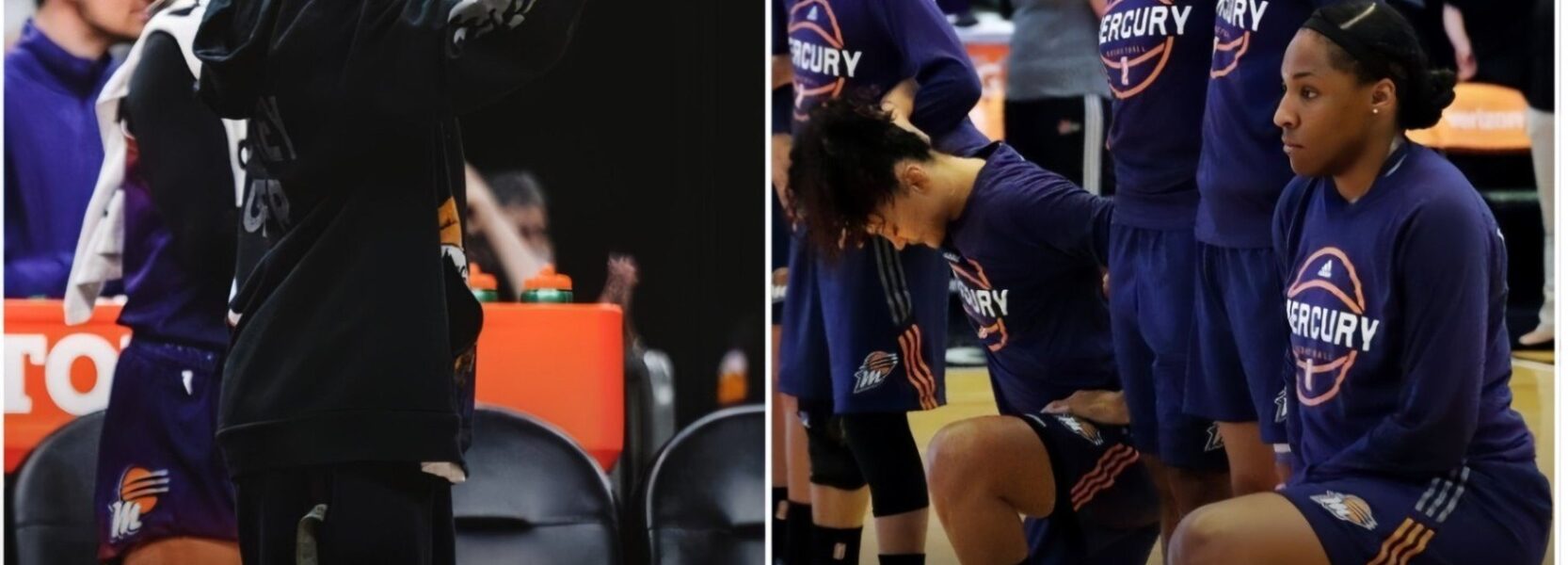
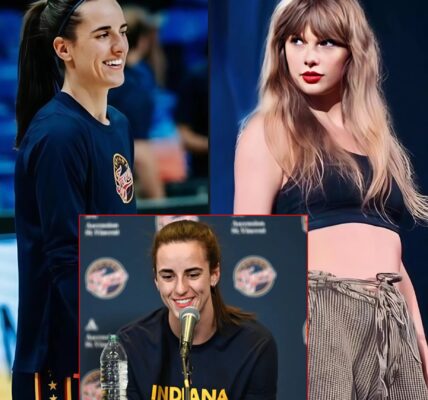
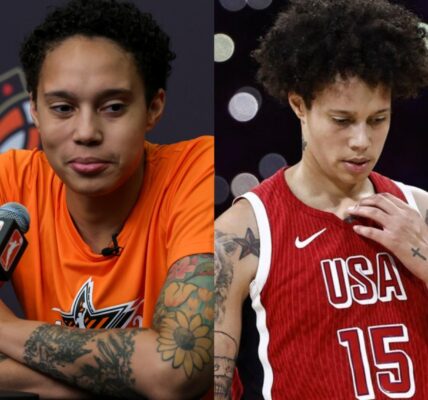
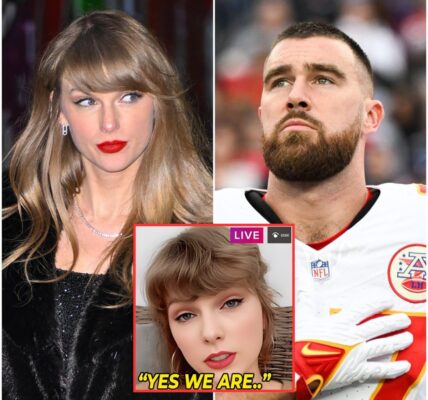
![Rick Barry: “Anybody that does something flagrant to [Caitlin Clark] for what she’s brought to the game should be suspended and fined.”](https://today.licham.vn/wp-content/uploads/2024/09/1727454937761-428x400.jpg)